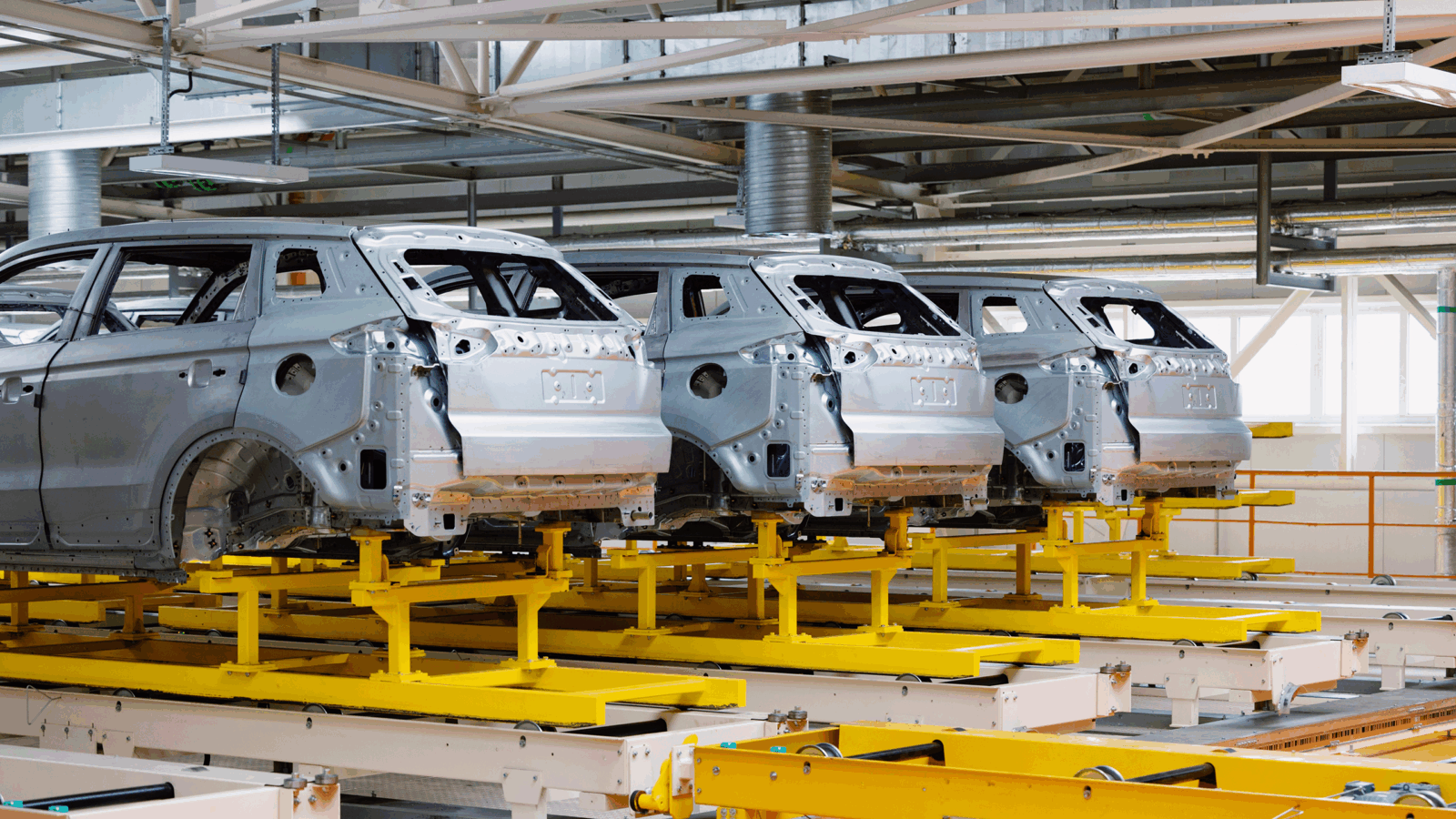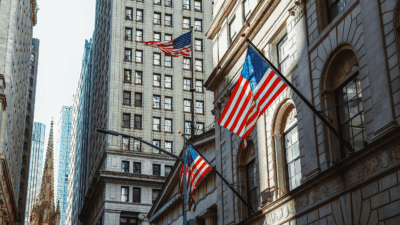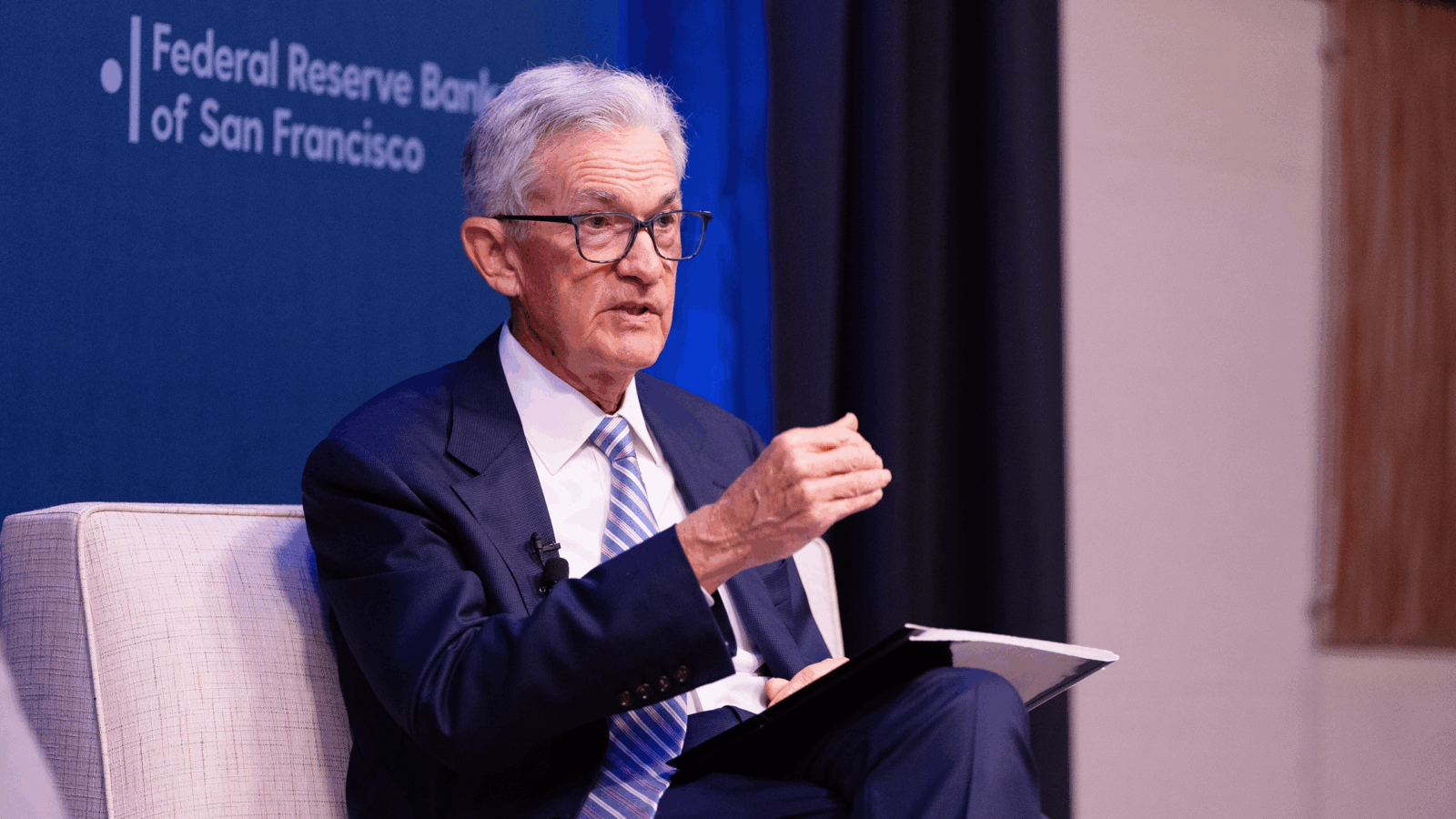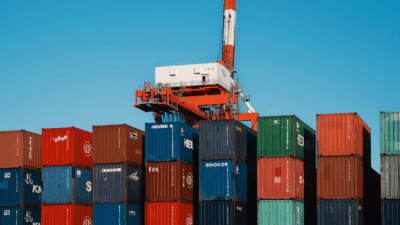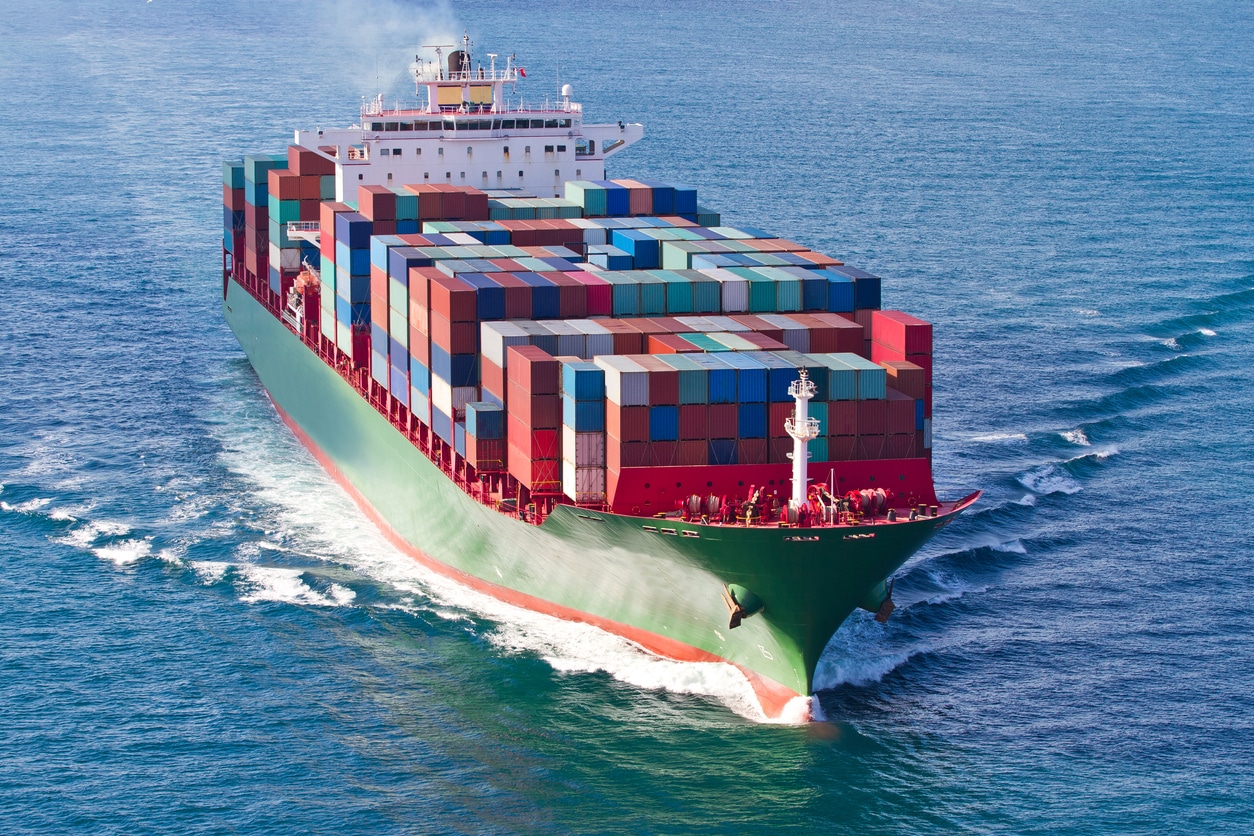
Sign up for smart news, insights, and analysis on the biggest financial stories of the day.
Before Covid, it was rare to see more than one ship lined up at America’s biggest port complex, the Los Angeles and Long Beach terminal. As of today, there are over 60 of them, filled with billions worth of toys, furniture, and home electronics. The traffic’s almost as nightmarish as the I-405.
Now, the nautical logjam has gotten so bad that big box retailers are chartering their own ships to get around the lines in time for the holiday shopping season.
Black Friday Sail
The great global shipping backlog of 2021 is the result of a perfect storm (including some actual storms): Covid-19 shut down facilities, the US and China keep dueling over sanctions, and extreme weather caused extreme delays. Everything from food to diapers has been held up on the high seas, where 90% of the world’s trade is handled.
Incoming cargo at the Port of Los Angeles — which sees half of all U.S. imports — is up 30% from record levels set last year. Cue the long line of boats stacked with so much stuff that trucks and trains can’t move the goods out fast enough to make a dent in the bottleneck. Now big retailers are taking matters into their own hands:
- Walmart has chartered a grain cargo ship, stuffed it full of toys and consumer goods, and sent it away from the LA Port to a nearby cargo dock, Reuters reported Thursday. Home Depot sent its own vessel loaded with Halloween and Christmas decorations to San Diego. Target, Costco, Ikea, and Dollar Tree are also getting on board the boat-chartering trend.
- It doesn’t come cheap. Chartering a cargo ship carrying 3,000 20-foot containers costs around $40,000 a day, per NBC.
Missing The Boat: Some 20-25% of goods stuck on ships still won’t make it to shelves in time for November 26, when Black Friday kicks off the seasonal shopping frenzy, retail consultancy Strategic Resource Group told Reuters. So good luck explaining to your 5-year-old that Santa didn’t have a Paw Patrol Movie Tower because of the global supply chain crisis.




